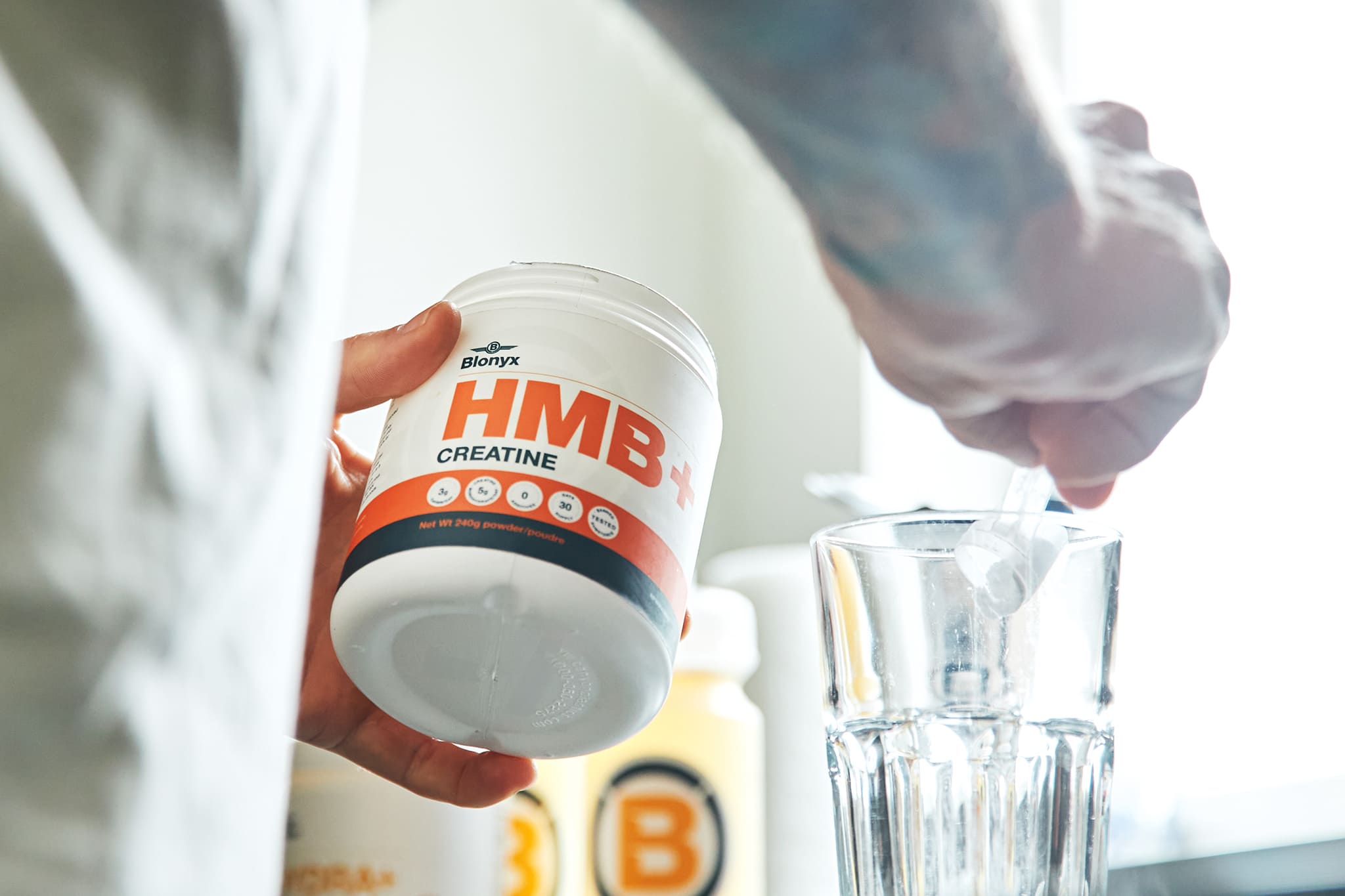Hey there, and welcome to my weekly summary of research from the world of sports science.
This week’s summary explores two different types of creatine, what sets great team captains apart, and the delicate balance of caffeine’s performance benefits versus its potential sleep and recovery drawbacks—read on!
Is Expensive Creatine Worth the Cost?

This study compared the effects of resistance training combined with creatine monohydrate (CrM) and the more expensive creatine hydrochloride (HCl). Both forms of creatine significantly improved strength, increased muscle mass, and reduced body fat compared to a placebo. However, HCl did not provide any additional benefits over CrM, despite being more expensive. For athletes looking to enhance performance and recovery, creatine monohydrate remains the most cost-effective choice.
My thoughts: This is one of the few studies that directly compares the different types of marketed creatine. I like this study because it cuts through the marketing hype and helps athletes make informed decisions. The takeaway here? Don’t waste your money on expensive creatine HCl—stick with creatine monohydrate like that found in our HMB+ Creatine.
What Makes the Best Team Captains?

This study used NBA data to compare how formally assigned leaders (team captains) and informal leaders (All-Stars) influence team performance. The findings showed that players who have both formal authority and exceptional skill have the strongest positive impact on their teammates, driving smarter decisions, more effective plays, and greater success. By contrast, players who were only captains or only All-Stars had a much smaller impact, showing that the combination of authority and expertise is what elevates team performance.
My thoughts: The best leaders are all-star athletes who are also captains. Leadership in sports, it turns out, is as much about setting an example as it is about performance.
Does Caffeine Boost Performance or Ruin Your Sleep?

This study examined the tradeoff between caffeine’s performance-boosting effects and its potential impact on sleep quality. While caffeine is widely recognized for improving focus, endurance, and reaction time, its effects vary depending on individual sensitivity and are influenced by factors such as dose, timing relative to bedtime, and habitual caffeine use. The review found that caffeine can delay fatigue and sharpen performance but may also reduce sleep quality, prolong the time it takes to fall asleep, and increase nighttime awakenings. Tailoring caffeine use—by limiting intake earlier in the day or adjusting doses—can help maximize its benefits while minimizing its impact on recovery.
My thoughts: We’ve shared a lot of caffeine studies recently, and its performance-enhancing effects are well proven. As someone sensitive to caffeine, I avoid it to prioritize my sleep, which outweighs its performance benefits for me. This study highlights the importance of testing supplements like caffeine and understanding how they work for you.
That’s all for this week! If you learned something new and are curious to know more, head over to the Blonyx Blog or my growing list of weekly research summaries where I help you further improve your athletic performance by keeping you up to date on the latest findings from the world of sports science.
– Train hard!
Looking for more ways to keep up with Blonyx?
Now, you can join the Blonyx Strava Club to track your progress, share training tips, and connect with athletes who share your athletic ambition.
You can also follow us on Instagram and Facebook for additional sports science information, announcements, exciting giveaways, and more!
